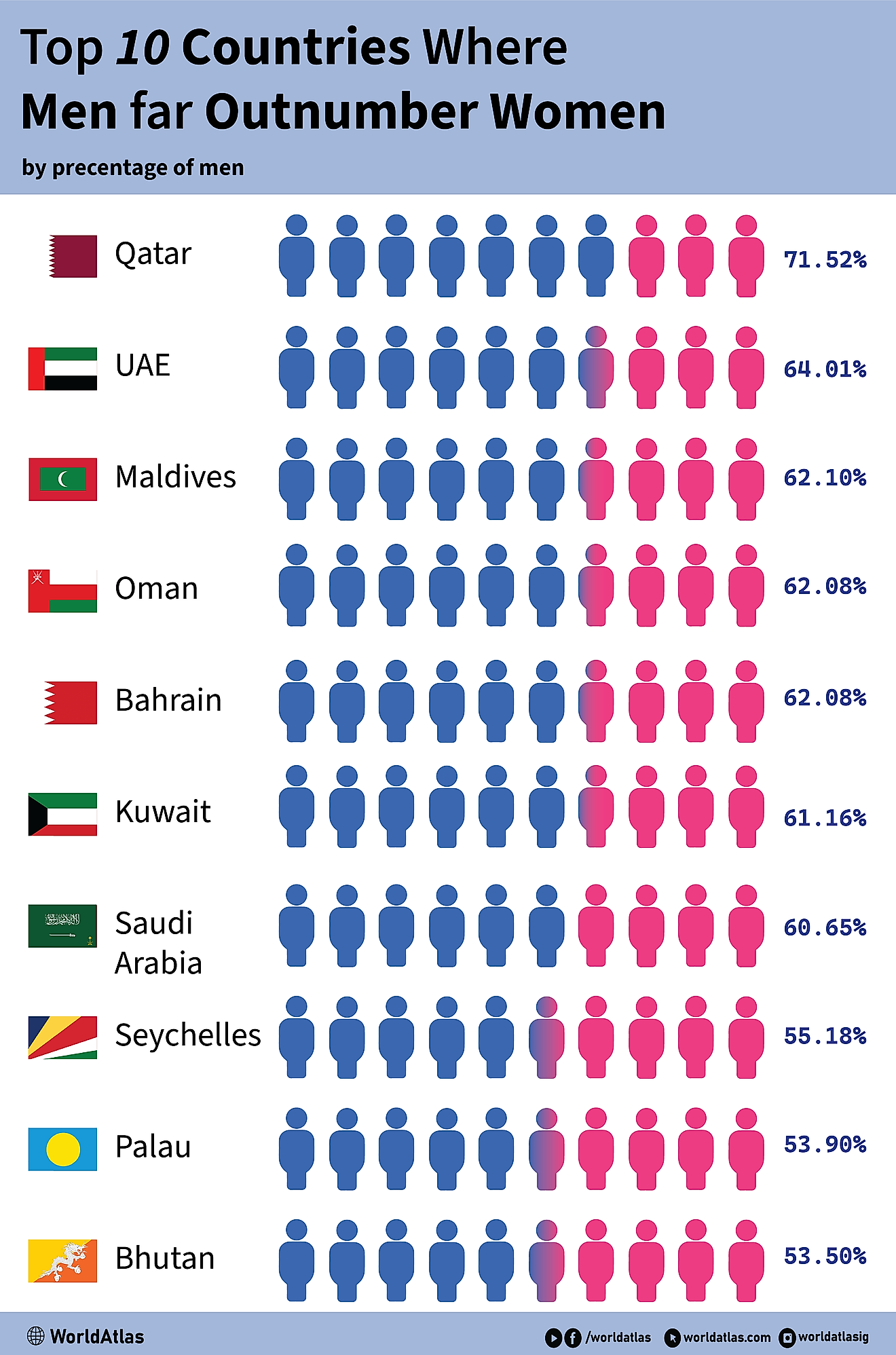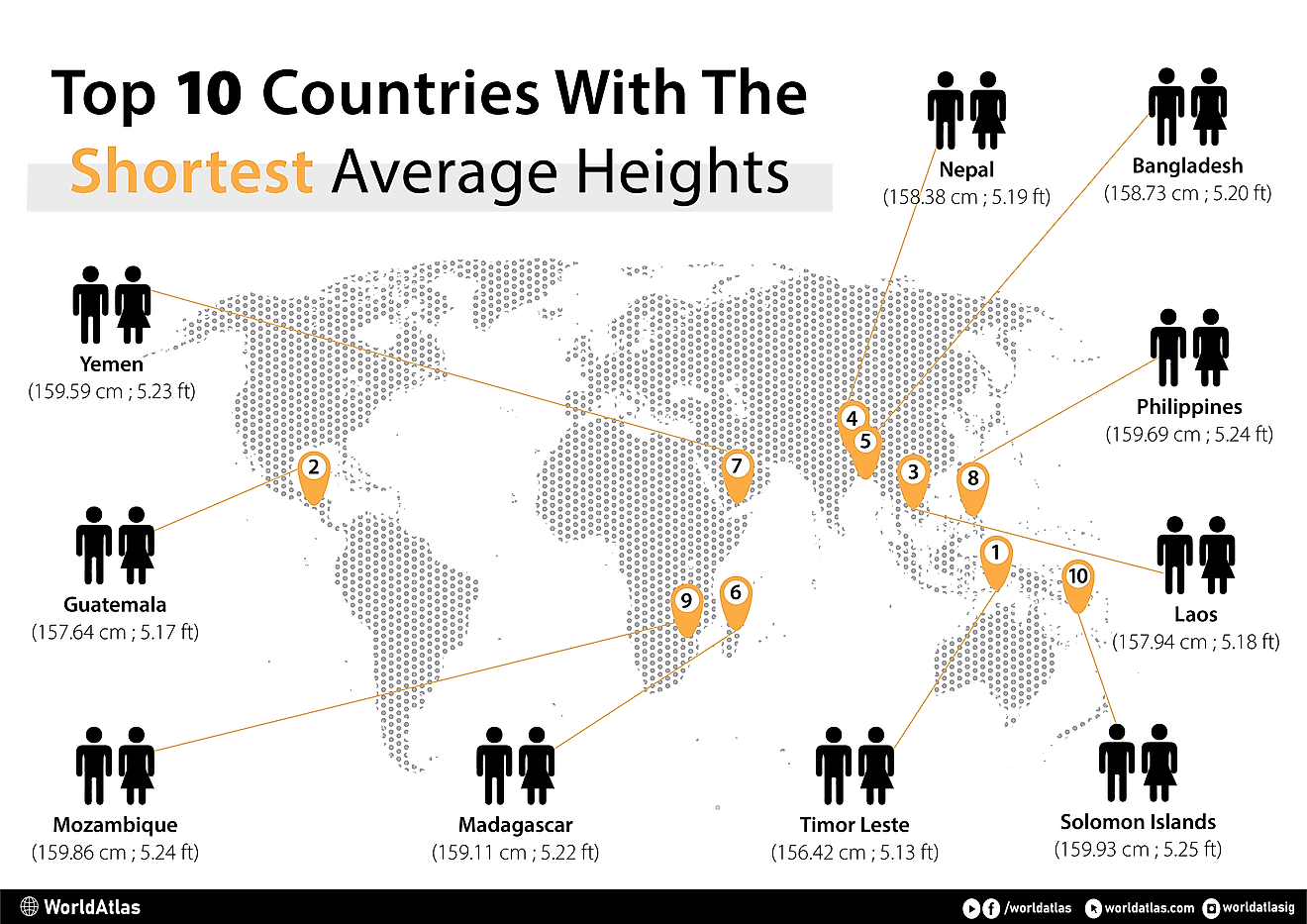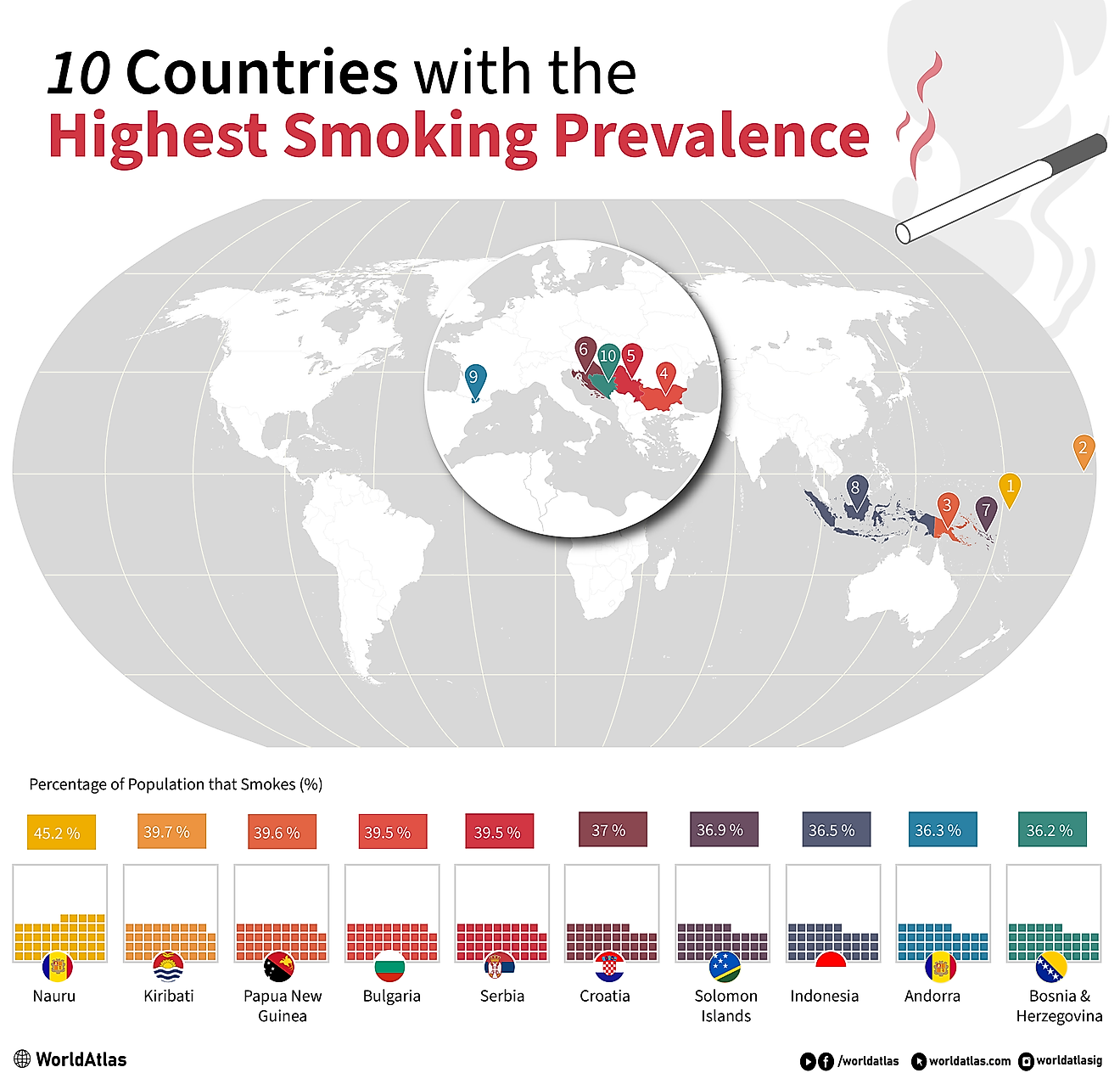What is Neoliberalism?

The earliest use of the term “neoliberalism” was in 1898 by Charles Gide, a French economist who used the word to describe the economic beliefs of Maffeo Pantaleoni, an Italian economist. During the Great Depression of the early 20th century, several economists met in Paris in the Walter Lippmann Colloquium to discuss policies that could improve the devastating economic condition of the time. The economists argued for the implementation of a new form of liberalism known as “neoliberalism.” Neoliberalism is linked to the Laissez-faire economic liberalism, which encapsulates extensive economic liberalization like deregulation, fiscal austerity, free trade, privatization, and reduced government spending in order to increase the participation of the private sector in society and the economy. Ideas and policies that were market driven marked a major paradigm shift from the post-war Keynesian school of thought that was popular between 1945 and 1980.
Neoliberalism and Classical Liberalism
Neoliberalism is seen by scholars as a variation of classical liberalism and the two share a few characteristics. In both neoliberalism and classical liberalism, the government has little to no control with social dynamics and hence cannot dictate to the public what an ideal lifestyle should be. Another characteristic seen in neoliberalism and classical liberalism is that both policies call for increased economic freedom as well as individual freedom. Although the policies share many economic characteristics, neoliberalism and classical liberalism have some variations on a social basis. For instance, in neoliberalism the government has the authority to set up policies to maintain a society’s structure such as monetary policies to avert recessions or increased inflation which are absent in a classic liberalism setup.
Arguments for Neoliberalism
One of the features in neoliberalism is the adoption of a free market economy with no government regulation. A free market allows for the removal of all barriers to the natural forces of demand and supply such as taxes and duty or the provision of a minimum wage. The removal of these barriers creates a robust business environment where countries become more attractive to investors whose investments create jobs and help in expanding the economy. The removal of these barriers also opens up more markets to exporters and hence helps in a country’s balance of trade. The lack of government interventions allows financial institutions to dictate interest rates on loans and also allows the institutions to offer more loans to small businesses. The removal of trade barriers allows for a country to import more commodities and the influx of such commodities forces the prices to decrease for consumers.
Criticism of Neoliberalism
Some economists criticize the concept of neoliberalism and argue that a free market is usually exploited by large enterprises because of the absence of a minimum wage and social welfare to exploit the public for cheap labor. Neoliberalism is also seen as a proponent of growth-dependent crony capitalism which is blamed on the increased wealth disparity. Another argument against neoliberalism is the increased prices in basic goods attributed to the absence of governmental subsidies in basic commodities which cushion the poor consumers from increased prices. Globalization is a common feature in neoliberalism and is often seen as the biggest problem facing the growth of local industries in developing countries caused by increased duty-free imports which tend to be comparatively cheaper. Globalization also allows the infiltration of foreign technology advancements which have a detrimental effect on employment with such technology employed as substitutes to the workforce.











